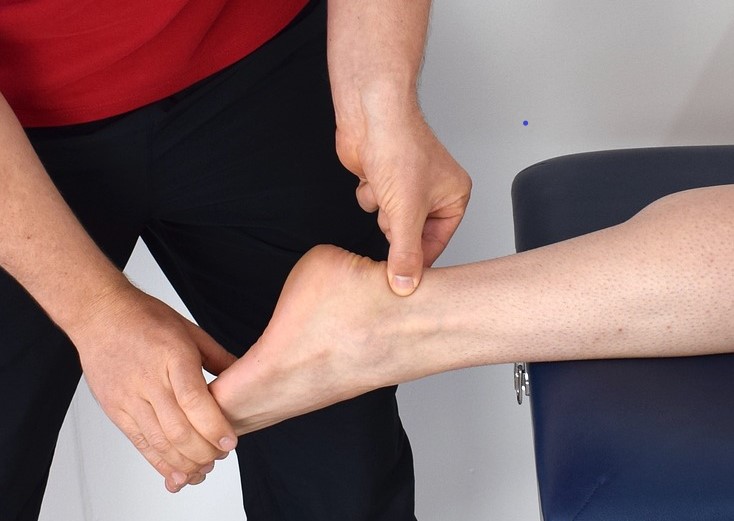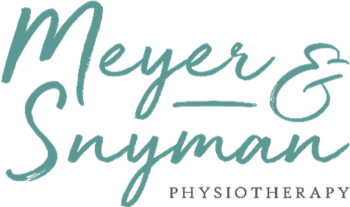Muscle, Joint & Nerve Pain

SERVICE OVERVIEW
Muscle, joint or nerve pain is the most common reason why our patients require physiotherapy.
There is muscle tissue throughout our bodies and everyone experiences muscle pain (myalgia) at some stage. Muscle pain is mainly due to injury or overexertion, infections of the soft tissue, or inflammation. The cause of muscle ache is usually easy to pinpoint when it was self-inflicted, but it may also be due to more complicated medical reasons, such as fibromyalgia, bacterial infections or flu, autoimmune disorders (such as lupus, dermatomyositis or polymyositis), thyroid problems, the use of certain medication or drugs (including statins), or even low potassium levels (hypokalemia).
Joint pain (arthralgia) can be due to injury to the ligaments, bursae or tendons surrounding a joint (ankle, knee, shoulder, wrist, hip, etc.). It can also be due to inflammation – most commonly rheumatoid arthritis or osteoarthritis) or infection. Symptoms of joint pain include redness, swelling, tenderness, warm, and weakness, stiffness or locking of the joint.
Nerve pain has many symptoms. Some patients experience nerve pain as a stabbing pain (often in the middle of the night) and some feel a chronic prickling, tingling or burning sensation throughout the day. Uncontrolled nerve pain is often unbearable. Nerve pain can have many causes, including common medical conditions, such as diabetes. It is often due to trauma or an injury and where a nerve is pinched, physiotherapy can often offer immediate relief.
Image Sourced
